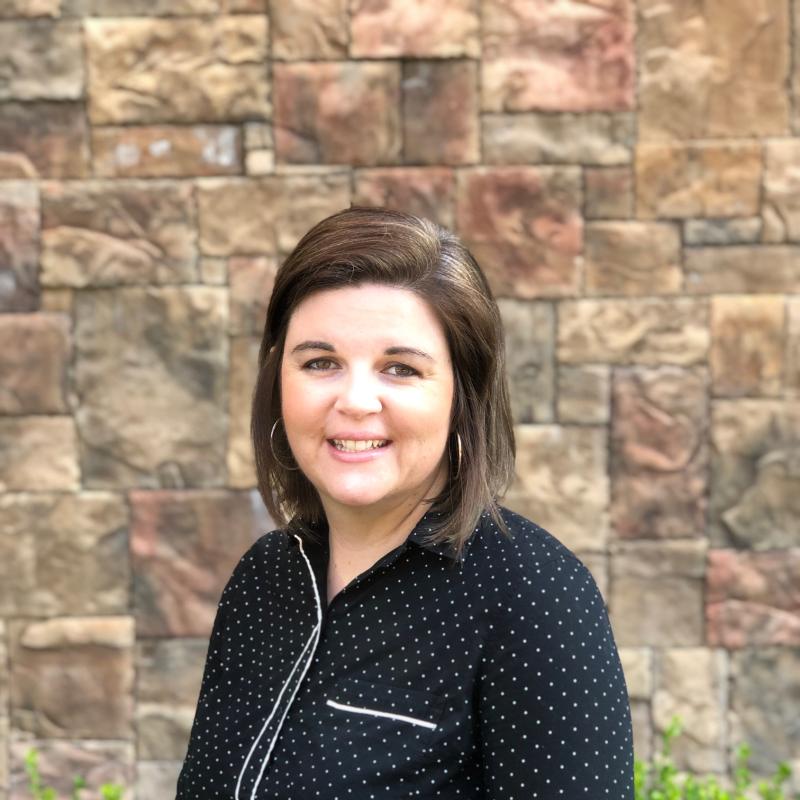Jami Grosser
Professional Academic Advisor

Contact
707-664-2834
jami.grosser@sonoma.edu
Book an appointment
Office
RemoteSupports
General-population undergraduate students declared in the following majors:
- Biology (BA)
- Biology (BS)
- Biochemistry (BS)
- Chemistry (BA)
- Chemistry (BS)
- Earth & Environmental Science (BA)
- Geology (BS)
- Pre-Nursing*
- Nursing, Pre-Licensure (BS)*
- Physics (BA)
- Physics (BS)
- Physical Science (BA)
*Includes all special population students as well
Education
B.S. in Life Science (Pre-Optometry), minor in Women's Studies | Kansas State University
M.Ed. in Higher and Post-secondary Education | Arizona State University
Personal Advising Philosophy
In an effort to help students be successful at Sonoma State University, I approach academic advising using a combination of themes to get the best outcomes for each student. This method has evolved over two decades of working with college students at multiple universities in areas related to student success, diversity and inclusion, and student involvement.
Developmental - I aim to “meet students where they are at” when it comes to providing assistance. Some students need more guidance and support simply because of structural barriers to information and resources before and during college, while others are ready to stand on their own and advocate for themselves. Every student is different, and understanding where a student is at in their development is critical for me as I provide support.
Inclusive - A big part of a student’s development are the identities and experiences they bring to the table. Being a student of color, undocumented, LGBTQIA+, first-generation, having a disability, as well as others all have an impact on the type of advising and support that a student needs. One size does not fit all. If you’re not actively including, then you are probably leaving someone out!
Holistic - While many students come to me to help them navigate class selection or university policies, advising is also about wellbeing and connection to campus. All are important to a student’s success at Sonoma State University.
Experiential - Many students I work with are not always sure about their major or career pathway. Many of them are good at thinking through the pros and cons or weighing options, but the best way that I have found to help a student make these decisions is through “doing.” Don’t just think about it, go do it. Volunteer, interview a professional in the field, shadow someone, observe. Go experience what you are thinking about. It’s often the quickest way to know if it’s for you.
Connected - Research shows that students who feel connected to their university tend to do better and graduate on time. Students need to find community, and often it’s best to build that community with people who share similarities as well as differences. And it can be through anything - clubs and organizations, major-related groups, a campus job, study abroad, fraternities and sororities, etc. Find your niche and your people and enjoy! It is good for the soul and the GPA.
Empathic - Empathy is one of my Strengths Quest top five strengths and it serves me well when advising students. I often have a sense if a student is struggling, or feeling overwhelmed and confused. I find that this insight allows me to adjust my approach so students feel comfortable and can express concerns, which I find leads to greater advising outcomes. I also can normalize some of what they are feeling. Students often think they are the only one to struggle, because it seems like everyone around them is doing great. While students experience struggle differently, rarely are they the only one. Normalizing this and providing support helps students leave my office with less stress than when they came.
Strategic - Another of my top five strengths is strategic. For many students, the pathway to graduation has many twists and turns, but it shouldn’t be difficult or take extra years. I pride myself on providing options and opportunities for students that allow them to reach their goals even when it seemed impossible. And while the pathway still might not be easy, I find that students appreciate when all the options are provided so they can make the best decision for themselves.
Helpful - If I’m not being helpful, I’m not doing my job. At the very least, advising should feel helpful. I see myself as a guide to help students as they navigate the university. Students aren’t always going to know every policy or procedure on a college campus, and I see advising as a first stop to getting help and support.

